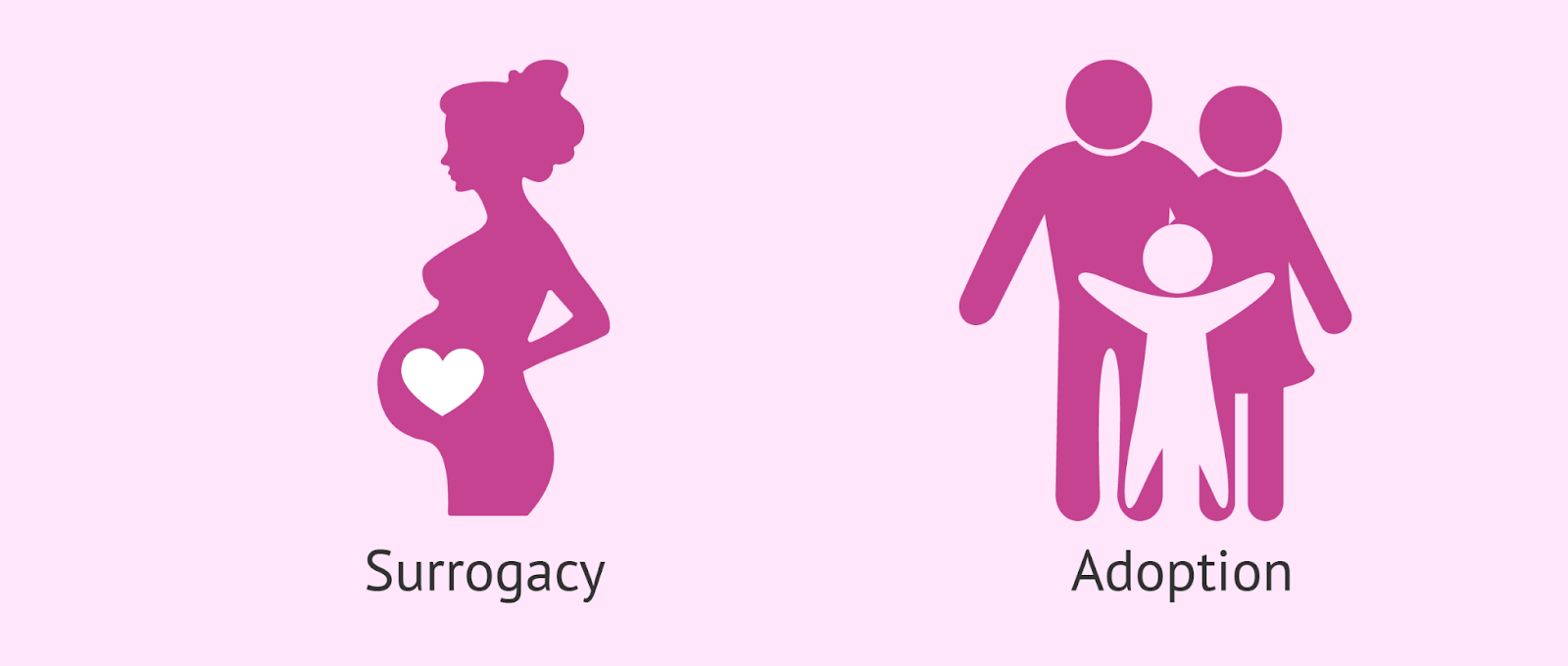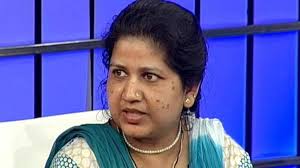Understanding the Legal Framework, Key Provisions, and Recent Reforms Under different legislations pertaining to Family Law
Family law in India is a crucial branch of the legal system that governs personal and domestic relationships, including marriage, divorce, child custody, adoption, inheritance, and domestic violence. Rooted both Constitutionally and Religiously , Family law in India has evolved significantly, especially with the introduction of the Bharatiya Nyaya Sanhita, 2023 (BNS), which replaces the colonial-era Indian Penal Code (IPC) and introduces significant reforms.
In this blog, we will explore what family law is, its definition, the types of family law under Indian legislation, examples of family law cases, and key facts about Indian family law.
WHAT IS FAMILY LAW IN INDIA?

Family law in India is a broad legal domain that regulates family relationships, matrimonial rights, parental duties, inheritance, and protection against domestic violence. Unlike many other legal systems, family law in India is influenced by both secular laws (applicable to all citizens) and personal laws (governed by religious customs).
Key legislative frameworks governing family law in India include:
- The Hindu Marriage Act, 1955 (for Hindus, Buddhists, Sikhs, and Jains)
- The Muslim Personal Law (Shariat) Application Act, 1937
- The Christian Marriage Act, 1872
- The Special Marriage Act, 1954 (for interfaith and civil marriages)
- The Guardians and Wards Act, 1890 (for child custody)
- The Hindu Succession Act, 1956 (for inheritance and property rights)
- The Protection of Women from Domestic Violence Act, 2005
- The Dowry Prohibition Act, 1961
- The Juvenile Justice (Care and Protection of Children) Act, 2015 (for adoption laws)
- The Muslim Women (Protection of Rights on Marriage) Act, 2019 (abolishing Triple Talaq)
With the Bharatiya Nyaya Sanhita (BNS), 2023, Indian Family Law is expected to undergo progressive reforms to align with modern social and constitutional values.
FAMILY LAW DEFINITION IN INDIA
Under Indian law, family law refers to the branch of legal statutes, precedents, and personal laws that regulate matters related to marriage, divorce, child custody, maintenance, inheritance, and domestic violence. These laws are influenced by constitutional principles of equality and justice, ensuring that individuals, especially women and children, have legal protection.
The Indian Constitution, particularly under Article 14, 15, and 21, upholds equality, non-discrimination, life and personal liberty, ensuring fairness in family law matters.
TYPES OF FAMILY LAW IN INDIA
Family law in India covers various legal matters, including:
1. Marriage and Divorce Laws

Marriage and divorce laws in India are governed by different religious and secular laws:
- Hindus: Hindu Marriage Act, 1955 (allows divorce on grounds like cruelty, desertion, and adultery).
- Muslims: Dissolution of Muslim Marriages Act, 1939 (recognizes divorce forms like Talaq-e-Hasan and Khula).
- Christians: Indian Divorce Act, 1869 (allows divorce based on infidelity, cruelty, and desertion).
- Interfaith/Civil Marriages: Special Marriage Act, 1954 (ensures a secular marriage procedure).
Abolition of Triple Talaq (Instant Divorce for Muslim Women)
One of the most significant reforms in Indian family law was the Abolition of Triple Talaq (Talaq-e-Biddat), a practice that allowed Muslim men to divorce their wives instantly by uttering talaq three times.
- In Shayara Bano v. Union of India (2017), the Supreme Court ruled that Triple Talaq is unconstitutional and violates women’s fundamental rights.
- This led to the Muslim Women (Protection of Rights on Marriage) Act, 2019, which criminalized Triple Talaq, ensuring legal protection for Muslim women from instant and arbitrary divorce.
2. Child Custody and Guardianship Laws

- The Guardians and Wards Act, 1890: Determines child custody based on the child’s best interests.
- Hindu Minority and Guardianship Act, 1956: Recognizes the father as the natural guardian, with increasing recognition of mothers’ rights.
- BNS 2023 Amendments: Strengthens child protection laws, ensuring child welfare in custody cases.
3. Adoption and Surrogacy Laws

- The Hindu Adoption and Maintenance Act, 1956: Allows Hindus to legally adopt a child.
- Surrogacy (Regulation) Act, 2021: Regulates surrogacy and bans commercial surrogacy.
4. Domestic Violence and Women’s Rights Laws

- Protection of Women from Domestic Violence Act, 2005: Provides legal protection to women from domestic abuse.
- Section 498A of IPC (Now BNS 2023): Protects women from cruelty by their husband and in-laws.
- BNS 2023 Changes: Introduces stricter provisions against domestic violence and dowry harassment.
5. Property and Inheritance Laws

- Hindu Succession Act, 1956: Grants equal property rights to daughters.
- Muslim Personal Law: Follows Sharia rules of inheritance, with male heirs typically receiving a larger share.
- Indian Succession Act, 1925: Governs Christian and Parsi inheritance laws.
6. Maintenance and Alimony Laws

- Section 125 of CrPC: Provides maintenance for wives, children, and parents.
- Muslim Women (Protection of Rights on Divorce) Act, 1986: Defines maintenance rights for divorced Muslim women.
- BNS 2023 Updates: Strengthens provisions for the financial security of dependent family members.
EXAMPLES
Example 1: Triple Talaq Case (Shayara Bano v. Union of India, 2017)

The Supreme Court banned instant Triple Talaq, declaring it unconstitutional, strengthening Muslim women’s rights.
Example 2: Hindu Daughters’ Property Rights (Vineeta Sharma v. Rakesh Sharma, 2020)

The Supreme Court ruled that daughters have equal inheritance rights in Hindu joint family property.
Example 3: Child Custody Dispute

A father sought sole custody of his child, but the court ruled in favor of the mother, citing the child’s best interests principle under the Guardians and Wards Act, 1890.
Example 4: Domestic Violence Case
A woman filed a case under the Domestic Violence Act, 2005, and the court provided her with financial relief, protection orders, and residence rights.
MAJOR DEVELOPMENTS IN INDIA:
1. Live-in Relationships Have Legal Recognition
The Supreme Court recognizes live-in relationships under Article 21 (Right to Life), granting women protection under the Domestic Violence Act, 2005.
2. Women Can Inherit Property Equally
Since the Hindu Succession (Amendment) Act, 2005, daughters have had the same inheritance rights as sons.
3. Adoption by Single Parents is Legal
Under the Juvenile Justice Act, 2015, both single men and women can legally adopt children.
4. Special Marriage Act Allows Interfaith Marriages

Couples from different religions can marry without religious conversion under the Special Marriage Act, 1954.
5. Section 125 of CrPC Ensures Maintenance for Women
Regardless of religion, Women, Children, and Parents can claim financial maintenance under Section 125 of the Criminal Procedure Code (CrPC).
6. Triple Talaq is Now Illegal
The Muslim Women (Protection of Rights on Marriage) Act, 2019 ensures that Muslim women cannot be arbitrarily divorced through instant Talaq-e-Biddat.
CONCLUSION
Family law in India is a complex yet essential legal field that ensures justice, protection, and rights in personal matters. With the Bharatiya Nyay Sanhita (BNS), 2023, Indian family law is evolving to address modern social challenges while staying aligned with constitutional principles of equality and justice.
If you are facing legal issues related to marriage, divorce, child custody, or domestic violence, consulting a qualified family lawyer can help you navigate the complexities of Indian family law.
